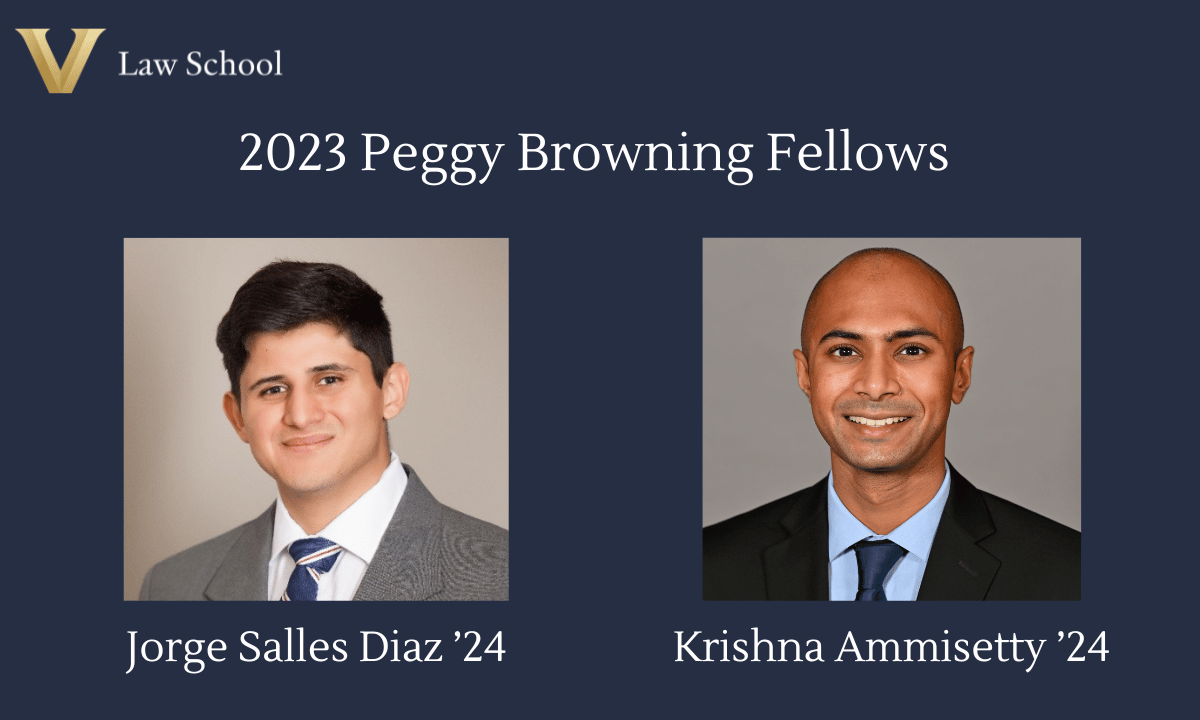by Corey Feuer
To attend high school, Edgar Flores had to make a two-day journey by river from his home village in Peru’s rainforest region. Flores is a member of the Wampis Nation, and he grew up in his tribe’s ancestral lands in the Andes Mountains near Peru’s border with Ecuador. Flores learned to speak Spanish and English in order to attend college, and he now works for the U.S. Embassy as a community development coordinator.
His talk focused on why and how the Wampis Nation established their autonomous territorial government in 2015 to protect their remote ancestral lands from private companies seeking to extract resources. “We are fighting to protect our territory,” Flores said. “If we don’t have our land, we have nothing, and we will disappear.”
The Wampis Nation claimed its ancestral lands, located in a basin between two rivers covering 1.3 million hectares—approximately the size of half of Belgium—as an autonomous region and rejected control of its territory by the Peruvian government. Their determination to control their territory was sparked by a violent uprising in 2009 against an outside mining operation.
To establish the Wampis autonomous region, members of 27 registered communities held a series of meetings and agreed upon a set of statutes. “There is a legal basis that motivated our leaders to create the Wampis Nation,” Flores explained, citing the International Labour Organization’s Indigenous and Tribal Peoples Convention of 1989, Number 169, which, “recognizes indigenous peoples’ rights to self-determination as a nation and their rights of ownership over the land they traditionally occupy,” and the United Nations Declaration of the Rights of Indigenous Peoples.
“We created the autonomous territorial government of the Wampis Nation to protect and conserve our ancestral territory, raise funds, and to manage our own sustainable projects,” Flores said. “We had experienced a lack of support from Peruvian government authorities on implementing sustainable and development projects that would benefit the Wampis people. We have this beautiful land—we hunt there, we fish there, the land gives our food. We have oil and gold, but it will last only a few years, and then you have nothing, and we want to survive. If you were indigenous and the government wanted to take your land, do you think you would allow that?”
Flores acknowledged that the struggle for recognition of the Wampis Nation’s self-governing region was ongoing, but stressed it is supported by the United Nations, international NGOs, and governments of other countries who want to support the Wampis’ goal of living sustainably and not contributing to global warming.
The Nation was able to establish an autonomous, self-governing region because “we are small, and we are all located in the same place,” Flores said. “Our land is the most important thing we have, and it gives us everything we need. We don’t want it destroyed.”
The Wampis Nation has also founded a school to train leaders to govern and protect its ancestral lands. “We respect and care for nature. That’s the vision of the Wampis Nation,” he said.
The George Barrett Social Justice Program aims to promote a dynamic atmosphere within which issues of equality, access and service are openly and regularly explored by faculty and students inside and outside the classroom.

